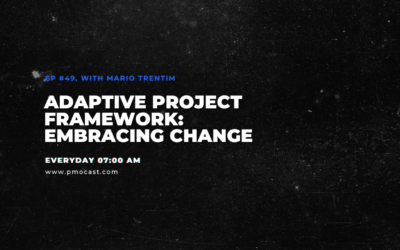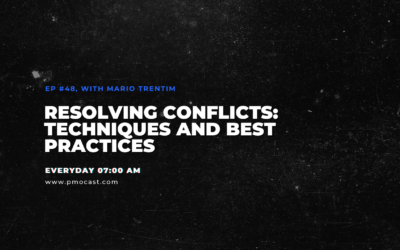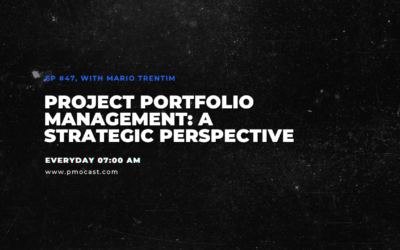Welcome to our comprehensive exploration of the exciting intersection of Artificial Intelligence (AI) and Machine Learning with Project Management. As we delve deeper into the digital age, these powerful technologies are transforming the landscape of project management, enhancing efficiency, decision-making, and predictive capabilities.
AI and Machine Learning: An Introduction
AI, according to the Stanford Encyclopedia of Philosophy, involves “machines that respond to stimulation consistent with traditional responses from humans, given the human capacity for contemplation, judgment, and intention.” Simply put, AI is a branch of computer science that simulates human intelligence in machines.
On the other hand, Machine Learning, a subset of AI, enables machines to learn from data without explicit programming. It’s all about empowering machines to recognize patterns and make decisions.
Impact of AI and Machine Learning on Project Management
AI and Machine Learning can significantly revolutionize Project Management. They can automate routine tasks, enhance decision-making processes, and even predict project outcomes. A report by the Project Management Institute (PMI), “AI Innovators: Cracking the Code on Project Performance,” states that 81% of high-performing organizations are already harnessing AI in their project management practices.
One critical application is in the realm of risk management. Typically, Project Managers rely heavily on past experiences and intuition, a process that can be complex and demanding. However, with Machine Learning, it’s possible to analyze extensive data from previous projects, identify patterns, and predict potential risks. This predictive ability can help foresee project disruptions before they occur, saving substantial time and resources.
Real-world Applications: The Siemens Case Study
In 2022, Siemens, the German conglomerate, initiated a pilot project to test the utility of AI in project scheduling. They trained a Machine Learning model using data from completed projects, which then automatically generated and optimized project schedules. The outcome was a remarkable 30% reduction in manual scheduling effort, demonstrating the power and efficiency that AI can bring to project management.
The Need for Adaptability in Project Managers
To harness AI and Machine Learning, Project Managers must understand these technologies, their capabilities, and potential applications. This understanding requires a degree of curiosity and a commitment to continuous learning, staying updated with the latest trends and developments.
The McKinsey Global Institute predicts that AI and Machine Learning will generate up to $2.6 Trillion in value by 2020 in marketing and sales alone. This prediction underscores the significant opportunity that Project Managers have to be part of this technological revolution.
Conclusion
The future of Project Management is unfolding, and it’s bright, efficient, and powered by AI. As we step into this new era, it’s essential to embrace these emerging technologies, learn about them, and understand how they can be incorporated into our project management strategies.
The future indeed belongs to the brave. Let’s step forward boldly into the exciting future of Project Management, armed with AI and Machine Learning. Stay tuned for more insights into the evolving world of project management!
Resources:
AI Innovators: Cracking the Code on Project Performance – PMI
Artificial Intelligence – The Next Digital Frontier? – McKinsey Global Institute
Using AI to Optimize Project Schedules – Siemens




0 Comments